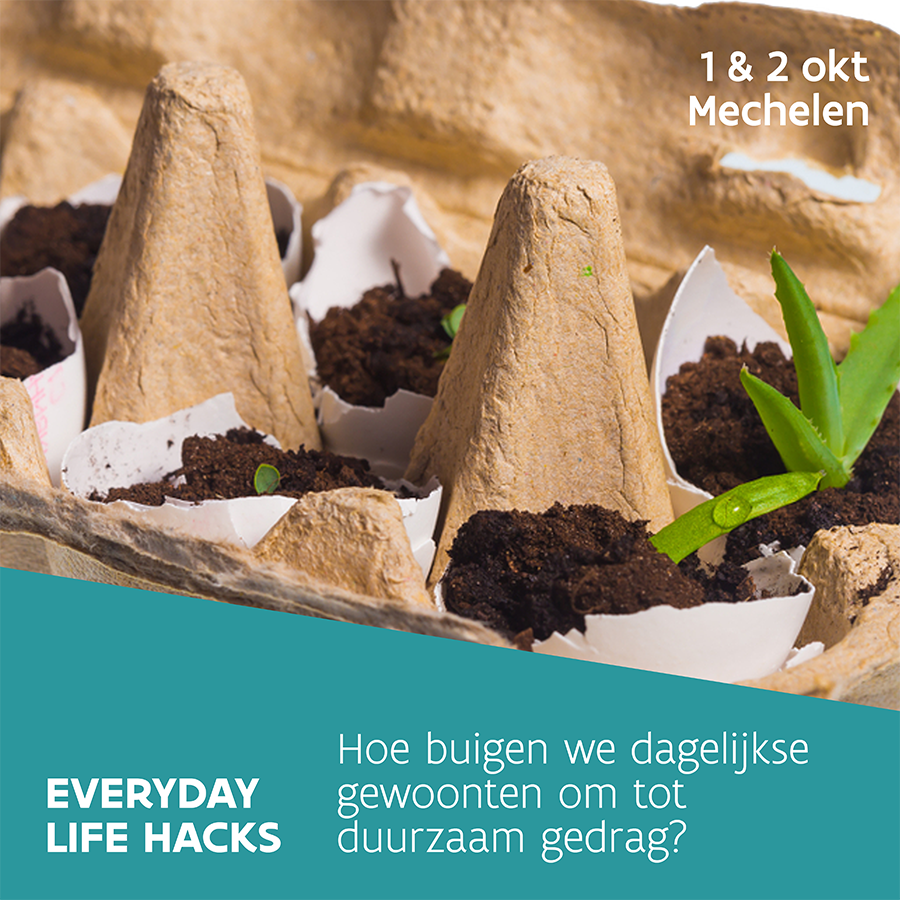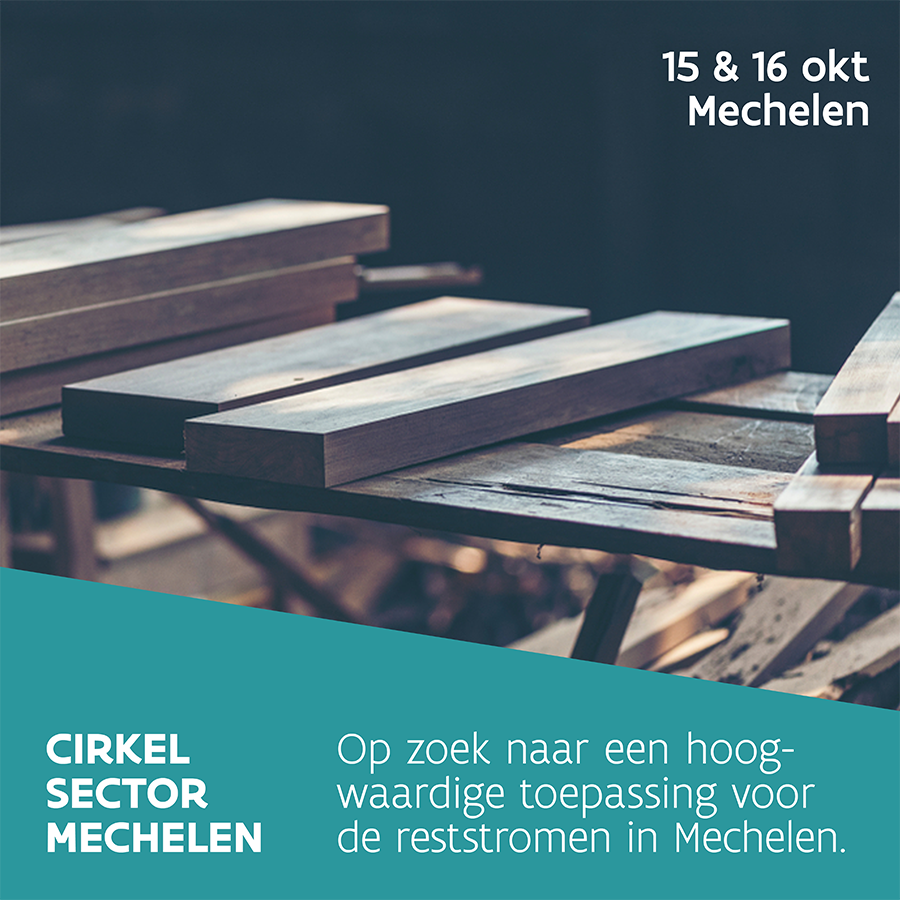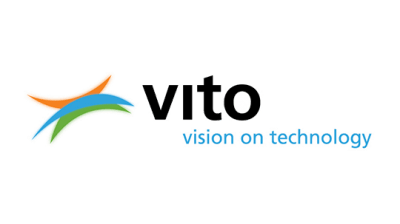The Ecodesign Challenges are 2-day events where students look for a creative solution for a specific challenge that we throw at their feet.
The students work in teams from the direction of product development or design, supplemented by another course that makes an interesting match.
Every two days has a strict schedule. During the first day, students start looking for the solution in smaller groups, with the support of experts. Day two is all about the pitch: presenting their idea to a professional jury.
ECODESIGN CHALLENGES 2019
In the fall of 2019 we organized 3 Ecodesign Challenges! For six days, more than 300 students from Flemish colleges and universities put their handsome heads together to solve social problems with better design. The Ecodesign Challenges 2019 have been launched since 26 September. Until 16 October we challenged a total of more than 300 students from Flemish colleges and universities to jointly develop solutions for greenery and bees in the city, to adjust our sustainable behavior and to optimize residual flows. All hackathons could be followed live on our social media channels Facebook and Instagram!
Discover all the past challenges
How might we design infrastructure and systems for more shared use of products? There are many products we don’t use every day. All these products do use materials and have an impact. Via shared …
Toys now often have a much too short lifespan. On average, toys last 3.7 years. 150 students were challenged to think about possible lifetime extenders of toys.
The clothes that we wear and the design of our home show who we are. But how can we use these materials to the best of our ability, so that we can reduce this gigantic pile of textiles? The circular …
Translate natural and secondary residual flows from the Genk region into a new sustainable material application. To do this, study natural materials and biological principles found in the forest.
The plastic soup is the amount of plastic in the seas and oceans. This keeps on increasing. Our oceans are home to millions of tons of discarded plastic that threatens a great deal of maritime life a…
Online shopping has a big boost in our country. In Belgium we now make 15% of our purchases online. Driven by convenience and price, e-commerce, just like in neighboring countries, continues to advan…
Since 2015, OVAM has been the owner of a building in Mechelen that is currently empty and neglected. OVAM has major plans for this building and bundles it under the project name 'De Potterij'.
The students were given the challenge of combating the waste of bread. The approach of the camp was to review the entire life cycle of bread in order to arrive at new concepts.
.png)


